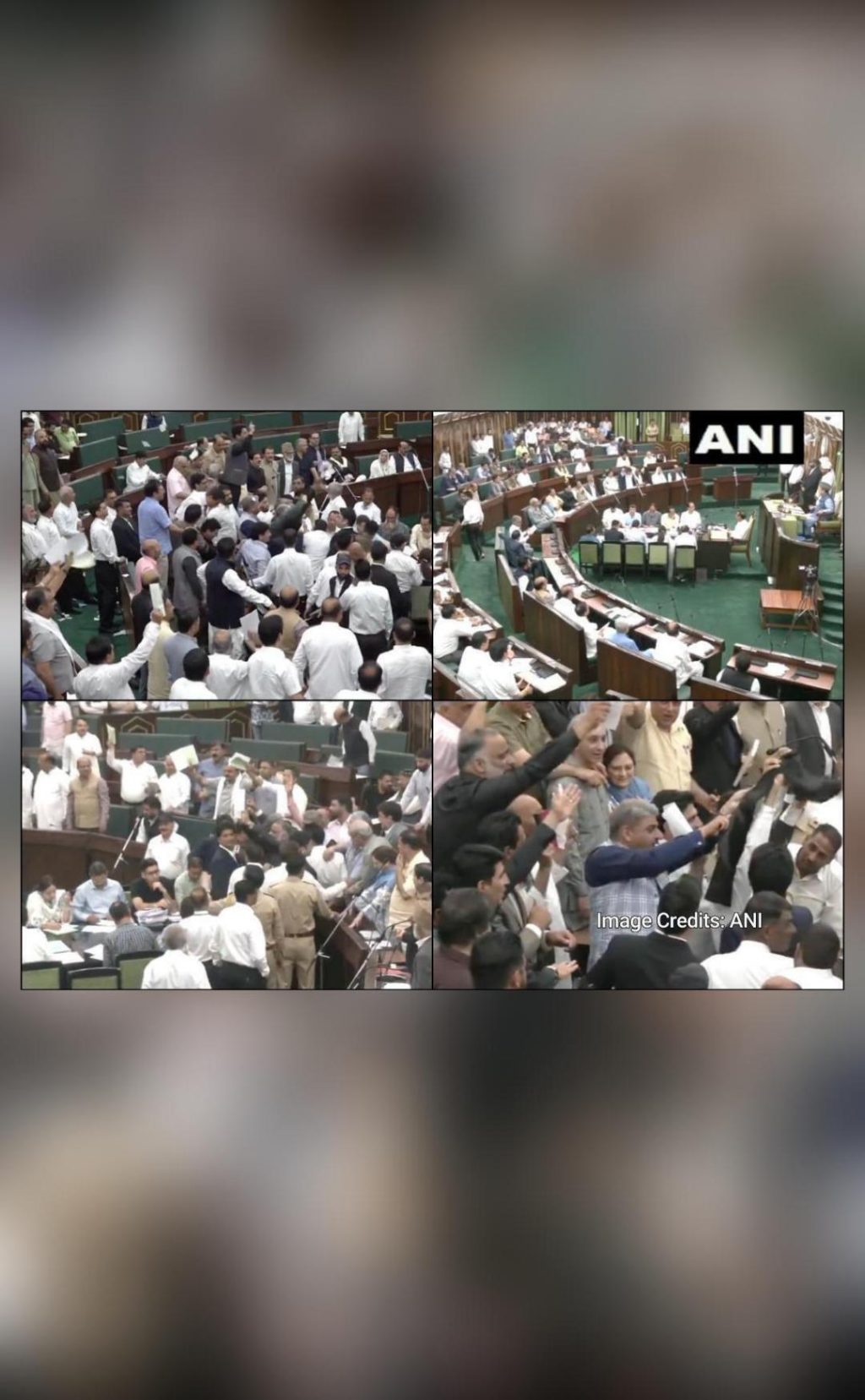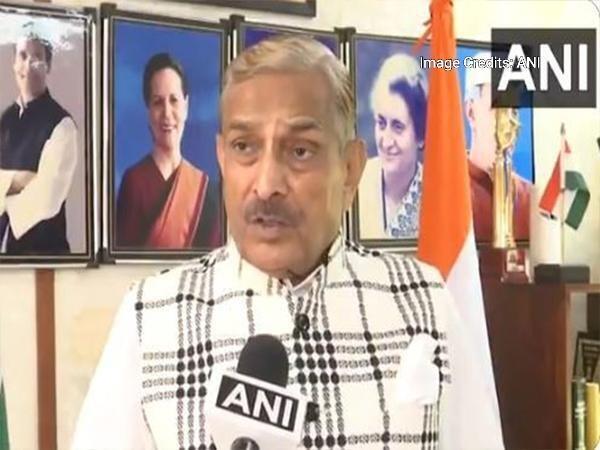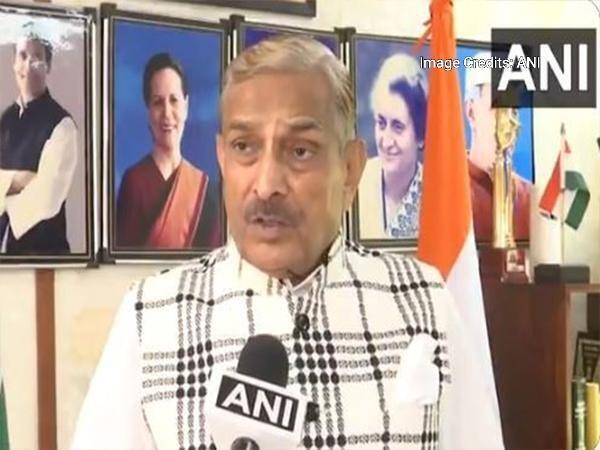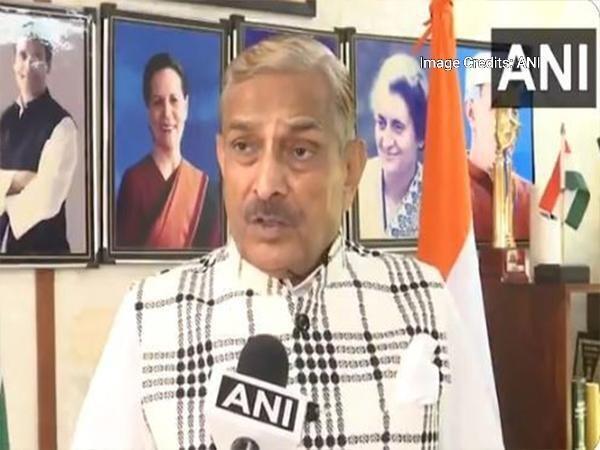
Jammu & Kashmir Assembly Adjourned Amid Uproar Over Waqf Act
The Jammu and Kashmir Assembly witnessed a chaotic scene on Monday as the Speaker Abdul Rahim Rather denied an adjournment motion on the Waqf Act, leading to the House being adjourned. The opposition National Conference (NC) MLAs had moved a motion to adjourn the Question Hour to discuss the contentious Waqf Act, which has been a subject of controversy in the region.
The Waqf Act, which aims to regulate the management of Wakf properties, has been a bone of contention between the government and the opposition parties. The NC had been demanding that the government take back the Waqf Act, which they claim is detrimental to the interests of the Muslim community.
The NC MLAs, led by the party’s president Farooq Abdullah, had moved an adjournment motion to discuss the Waqf Act, following which the Speaker denied it. This led to a heated debate and protest from the opposition benches, with the NC MLAs shouting slogans and demanding that the Speaker reconsider his decision.
However, the Bharatiya Janata Party (BJP) MLAs, who are part of the ruling coalition, also protested and demanded that the Question Hour be held as scheduled. The BJP MLAs argued that the Waqf Act was a legitimate piece of legislation and that the opposition was trying to create a controversy unnecessarily.
The Speaker’s decision to deny the adjournment motion was seen as a major setback for the NC and its allies, who had been demanding that the government reconsider its stance on the Waqf Act. The opposition parties have been claiming that the Waqf Act is designed to benefit a select few and that it will lead to the erosion of the rights of the Muslim community.
The controversy over the Waqf Act has been simmering for some time now, with the opposition parties staging several protests and demonstrations against the government’s decision to pass the legislation. The NC has been at the forefront of the opposition against the Waqf Act, with its president Farooq Abdullah leading the charge.
The Waqf Act has been a major issue in the Jammu and Kashmir Assembly, with the opposition parties demanding that it be repealed. The government, on the other hand, has been maintaining that the Waqf Act is necessary to regulate the management of Wakf properties and to ensure that the benefits of the Wakf properties reach the intended beneficiaries.
The controversy over the Waqf Act has also led to a strained relationship between the government and the opposition parties. The NC and its allies have been accusing the government of not listening to their concerns and of trying to push through the legislation without a proper debate.
The Speaker’s decision to deny the adjournment motion has further escalated the tensions in the Jammu and Kashmir Assembly. The opposition parties have been demanding that the Speaker reconsider his decision and allow a discussion on the Waqf Act.
The controversy over the Waqf Act has also had a wider impact, with the opposition parties accusing the government of trying to divide the people of Jammu and Kashmir on communal lines. The NC and its allies have been claiming that the Waqf Act is a conspiracy to divide the Muslim community and to benefit a select few.
The government, on the other hand, has been maintaining that the Waqf Act is a necessary piece of legislation that will benefit the Muslim community as a whole. The government has been claiming that the Waqf Act will help to promote the welfare of the Muslim community and to ensure that the benefits of the Wakf properties reach the intended beneficiaries.
In conclusion, the Jammu and Kashmir Assembly was adjourned amid a huge uproar over the Waqf Act. The opposition National Conference MLAs had moved a motion to adjourn the Question Hour to discuss the Waqf Act, but the Speaker denied it. The BJP MLAs also protested and demanded that the Question Hour be held as scheduled. The controversy over the Waqf Act has been simmering for some time now, with the opposition parties demanding that it be repealed. The government, on the other hand, has been maintaining that the Waqf Act is necessary to regulate the management of Wakf properties.






